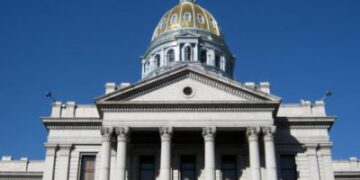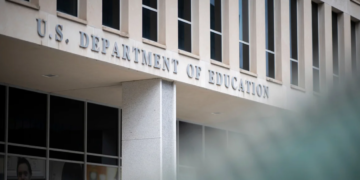Img source: www.msn.com
June 01, 2024 Story by: Editor
Five years ago, renowned investigative journalist Nikole Hannah-Jones, alongside a team of journalists and historians, unveiled a groundbreaking piece in The New York Times Magazine titled “The 1619 Project.” This extensive project, published in August 2019, commemorated the 400th anniversary of the onset of American slavery. Its primary goal was to reframe the nation’s history by placing race, the lasting impacts of slavery, and the vital contributions of Black Americans at the forefront of the American narrative.
The 1619 Project’s Impact
The 1619 Project has been pivotal in sparking national discourse about the historical and ongoing consequences of slavery in the United States. By highlighting how deeply ingrained racism and slavery’s legacy are in the fabric of the nation, has encouraged a reevaluation of American history and its traditional narratives. The project includes essays, poems, and short fiction that examine the effects of slavery on the economy, politics, healthcare, and culture in the United States.
Backlash from Conservative Circles
Despite its acclaim and educational value, The 1619 Project has faced substantial backlash, particularly from conservative quarters. Former President Donald Trump and his allies in the GOP have been at the forefront of this opposition. They argue that the project presents a skewed and overly negative view of American history. Trump’s administration notably pushed back against initiatives that focus on race and identity, which they claim divide rather than unite Americans.
Political Counteractions
In response to The 1619 Project, Trump established the 1776 Commission, aiming to promote a “patriotic education” and counteract what he described as the “toxic propaganda” of The 1619 Project. This commission was tasked with highlighting the positive aspects of American history and its founding principles. Although the 1776 Commission was disbanded by President Joe Biden on his first day in office, the debates it ignited continue to resonate.
The Role of Education and Legislation
The controversies surrounding The 1619 Project have also led to legislative actions at various levels of government. Several states have proposed or enacted laws to restrict how race and history are taught in schools. These measures often target critical race theory and any educational content deemed as portraying the United States negatively.
Nikole Hannah-Jones’ Ongoing Influence
Nikole Hannah-Jones, the architect of The 1619 Project, continues to be a significant figure in discussions about race, history, and journalism. Her work has not only earned her prestigious accolades, including a Pulitzer Prize, but also positioned her as a leading voice in the ongoing dialogue about America’s racial history. Despite the opposition, she remains committed to uncovering and telling the stories that are often overlooked or marginalized in mainstream narratives.
Broader Implications for Black Americans
For Black Americans, The 1619 Project represents more than a historical recounting; it is a recognition of their ancestors’ struggles and contributions. It brings to light the systemic inequities that have persisted for centuries and calls for a deeper understanding and rectification of these injustices. The project has galvanized many to push for a more inclusive and honest portrayal of American history, ensuring that the voices and experiences of Black Americans are acknowledged and respected.
In summary, The 1619 Project, spearheaded by Nikole Hannah-Jones, has profoundly influenced the national conversation on race and history in the United States. While it has faced significant opposition, particularly from right-wing factions, its impact on education, legislation, and societal perceptions of race remains undeniable. By centering the Black American experience, it challenges the country to confront and address its past and present racial inequalities.
















